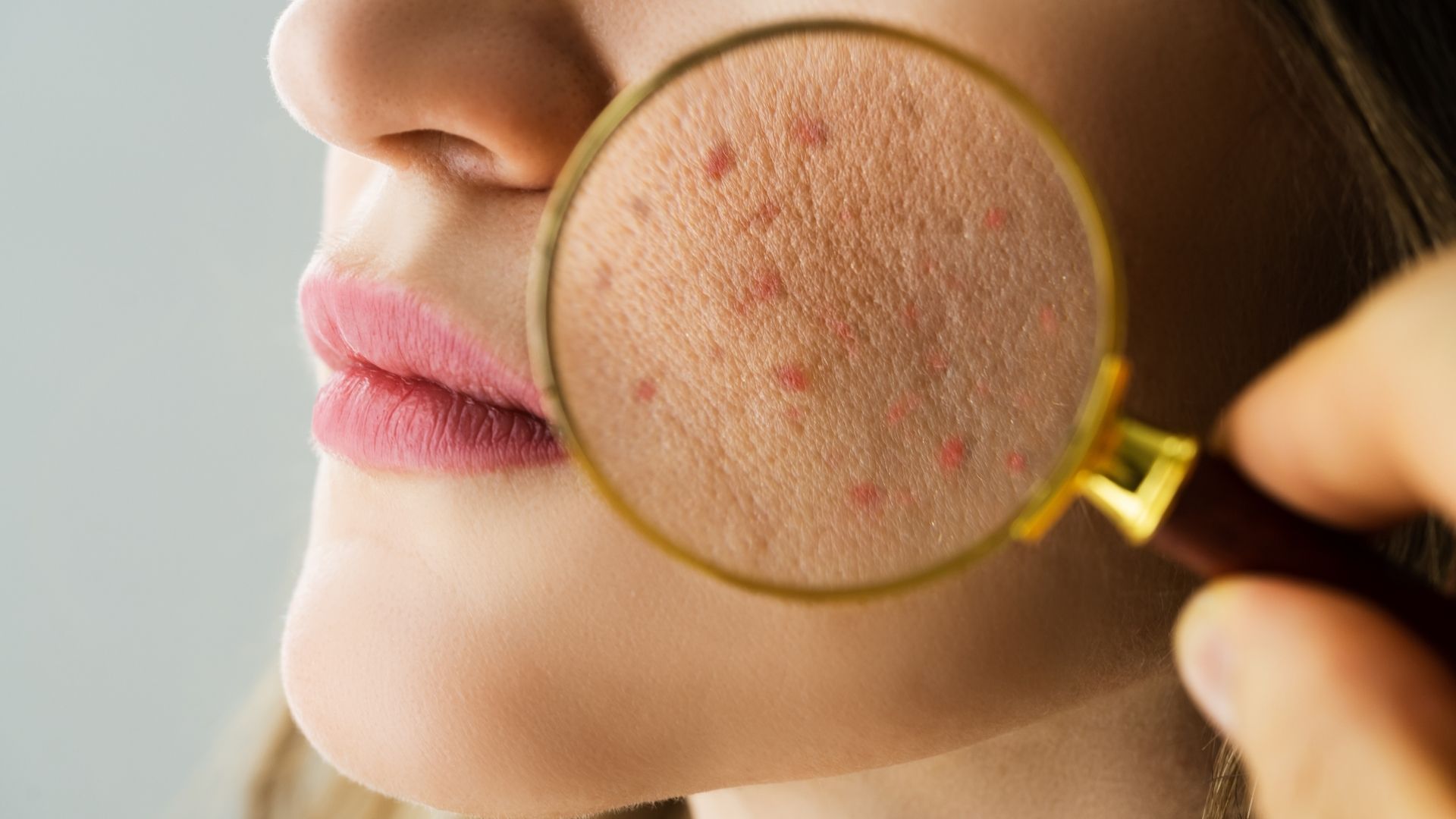Acne is a common skin issue that affects people of all ages, causing pimples, blackheads, and sometimes deeper cysts. While acne can impact your confidence, effective treatments are available. DoctorTora offers convenient telemedicine consultations, providing personalized care and treatment plans to help you achieve clearer, healthier skin from home.
Symptoms, Causes, and Treatment
Introduction
Acne is a common skin condition that affects people of all ages, though it’s most prevalent during adolescence. It can impact not only your skin but also your self-confidence. Understanding acne and its treatments is the first step to managing it effectively.
With DoctorTora, you can consult a healthcare provider online to address acne concerns and receive expert guidance. This article provides a comprehensive overview of acne, its causes, symptoms, and the best ways to manage it.
What is Acne?
Acne is a skin condition that occurs when hair follicles become clogged with oil (sebum) and dead skin cells. It often appears on the face, chest, back, and shoulders, where oil glands are most active.
Acne can range from mild (occasional pimples) to severe (painful cysts and nodules). While it’s not a serious health threat, untreated acne can lead to scarring and emotional distress.
Common Symptoms and Causes of Acne
Symptoms
Acne symptoms vary depending on the severity of the condition and may include:
- Whiteheads: Closed clogged pores.
- Blackheads: Open clogged pores that appear dark.
- Pimples: Red, inflamed bumps with pus at the tip.
- Nodules: Large, painful lumps under the skin.
- Cysts: Deep, pus-filled lumps that can cause scarring.
Causes
Several factors contribute to the development of acne:
- Excess oil production: Overactive sebaceous glands produce too much sebum.
- Clogged hair follicles: Dead skin cells combine with oil to block pores.
- Bacteria: Propionibacterium acnes bacteria trigger inflammation.
- Hormonal changes: Common during puberty, menstruation, or pregnancy.
- Certain medications: Such as corticosteroids or hormonal drugs.
- Diet and lifestyle: High-sugar or high-fat diets, stress, and lack of sleep may exacerbate acne.
How is Acne Diagnosed?
Diagnosing acne is straightforward and usually involves a physical examination by a healthcare provider.
Steps in Diagnosis
- Skin assessment: A doctor examines the type, location, and severity of acne lesions.
- Medical history: Discussing factors like hormonal changes, diet, medications, and skincare habits.
- Additional tests (if needed): For severe or persistent acne, tests may be done to rule out hormonal imbalances or underlying conditions.
With DoctorTora, you can upload photos of your skin and describe your symptoms during a telemedicine consultation for a professional evaluation and advice.
How is Acne Treated?
Medications
Acne treatments aim to reduce oil production, clear clogged pores, fight bacteria, and reduce inflammation. Common options include:
- Topical treatments:
- Benzoyl peroxide: Kills acne-causing bacteria.
- Salicylic acid: Helps unclog pores and exfoliate the skin.
- Retinoids: Promote skin cell turnover and prevent clogged pores.
- Oral medications:
- Antibiotics: For reducing bacteria and inflammation in moderate to severe acne.
- Hormonal therapy: Such as oral contraceptives to regulate hormones.
- Isotretinoin: For severe, treatment-resistant acne (requires close monitoring).
Procedures
For severe acne, dermatological procedures like chemical peels, laser therapy, or extractions may be recommended.
Self-Care Instructions for Acne
Managing acne requires a combination of medical treatment and proper skincare. Here are some self-care tips:
- Cleanse gently: Wash your face twice a day with a mild, non-comedogenic cleanser. Avoid scrubbing, which can irritate the skin.
- Moisturize: Use oil-free, non-comedogenic moisturizers to prevent dryness.
- Avoid touching your face: Touching or picking at pimples can worsen inflammation and cause scarring.
- Use sunscreen: Protect your skin from UV damage with a broad-spectrum, non-comedogenic sunscreen.
- Limit makeup: Choose non-comedogenic products and remove makeup before bed.
- Maintain a healthy lifestyle: Eat a balanced diet, stay hydrated, and get enough sleep to support skin health.
When to Seek Care with Telemedicine for Acne
If over-the-counter treatments aren’t working or your acne is worsening, consulting a doctor through telemedicine can provide timely advice and tailored solutions.
Steps to Seek Telemedicine Care:
- Download the DoctorTora app from the App Store or Google Play
- Select “Skin Problems” under symptoms on the home screen.
- Queue for an immediate consultation or book an appointment for a convenient time.
- Receive a consultation report with a detailed treatment plan and a prescription if necessary.
Telemedicine is ideal for addressing mild to moderate acne and determining the need for prescription treatments.
When to Seek Urgent Care at a Physical Hospital for Acne
While acne is rarely a medical emergency, certain symptoms may require in-person care:
- Severe, painful cysts or nodules that do not improve with treatment.
- Signs of infection, such as pus, redness, or swelling around acne lesions.
- Significant emotional distress or scarring from acne.
If these symptoms occur, a visit to a dermatologist or healthcare facility may be necessary.
FAQ
- Can diet affect acne?
Yes, some studies suggest that high-glycemic foods and dairy products may worsen acne. A balanced diet may help improve skin health. - How long does it take for acne treatments to work?
Most treatments take 4–8 weeks to show noticeable improvements. Consistency is key. - Can adults develop acne?
Yes, adult acne is common, especially in women due to hormonal changes, stress, or certain medications.
Related Articles
Explore more helpful resources on our website:
- Rash in Children: Causes and Remedies
- Eczema: Managing Skin Irritation
- Tips for Healthy Skin at Any Age


